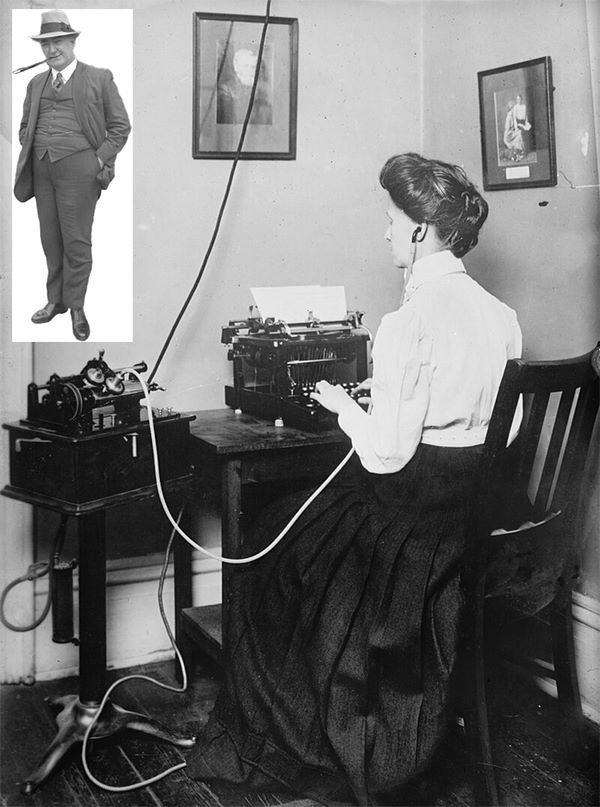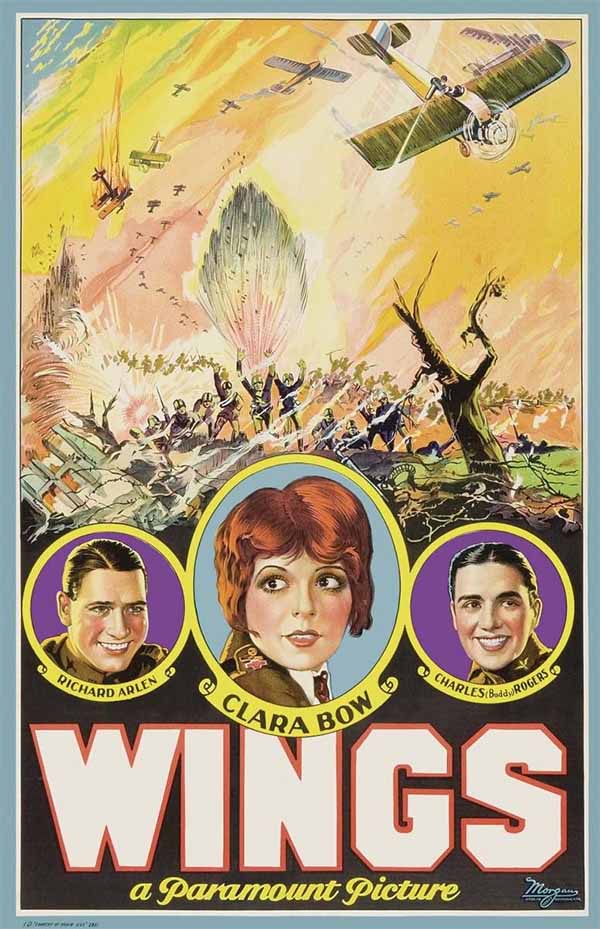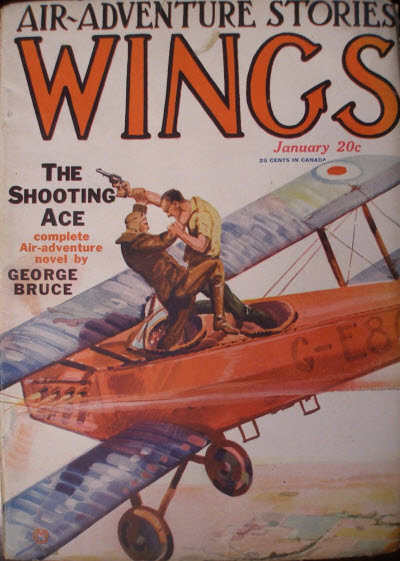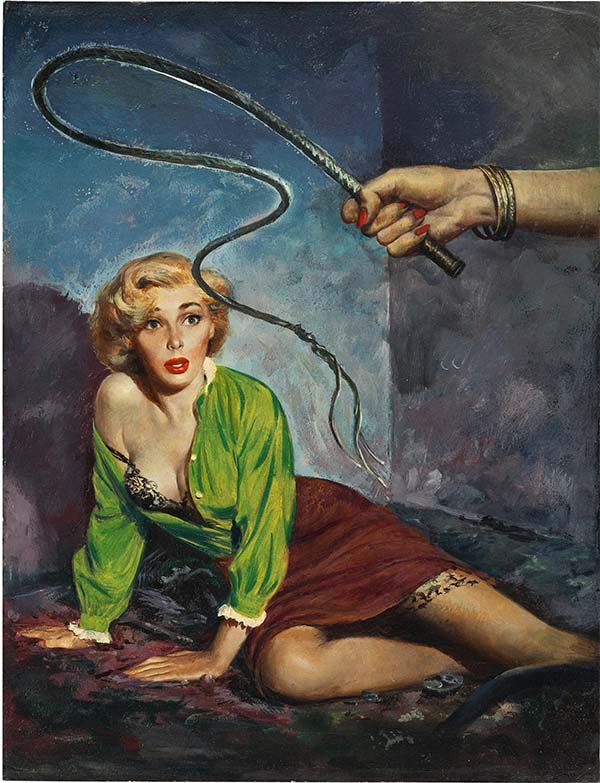Three pulp tales from the newspapers.

Words are Money
Since basic pulp pay is a cent per word, and since the creation of any sort of fiction is to most authors slow and difficult labor, the majority of practitioners in pulp are poorly paid. But there are others who through long practice, have mastered the trick of turning out acceptable stuff with amazing rapidity.
Among such writers, yearly earning of $30,000 and more are not at all unusual. H. Bedford-Jones, Max Brand(that is the best known of his several pseudonyms), Arthur J. Burks, Jane Littell and George Bruce are examples of the hot typewriter guild.
There isn’t one of these authors who can’t take an order tor a short story in the morning and deliver the finished product in the afternoon. Yet they write comparatively few short stories, preferring to ride each plot for all its worth in a feature length yarn or serial.
When John F. Byrne was managing editor of Fiction House, he told me that George Bruce turned out as high as twenty thousand words in a day.
Well, Bedford-Jones says in one of his books that he has written twenty-five thousand words in a day.
Incredible as such production seems, the late Edgar Wallace might have called it an off day when he put together only that many words.And Wallace, as you know, was something more than a pulp writer.

There is a story about Wallace’s visit to Hollywood. The Englishman consulted his producers on a Friday. He learned their requirements, went to work in seclusion, and on the following Monday morning handed them a complete book-length manuscript, with the stipulation. “If you don’t like that. I’ll have another for you tomorrow.”
They liked “that.”
Wallace, however, did not actually write his novels after he had put them on a mass production basis. That master of mystery used dictating machines and a battery of editing stenographers, starting work, on what he called his “long day,” at four A. M.
Yet for all his prolific labor, he left a comparatively small estate, for Edgar Wallace loved the thunder of racing hoofs and the bookies loved Edgar Wallace.
Speed Thrills
Speed is the watchword of the pulp paper magazines (the “Pulpulars”), as someone called them the other day. So when a magazine vanishes from the newstands the passing is a good deal like that of a comet.
For the likes of Jack Kelly, that genial live wire who presides over the destinies of the Fiction House group of 11 magazines, can start a new “book” or kill an old one while an old-time editor is sharpening his (blue) pencil.
Some three years ago, Jack Kelly was walking down Broadway and he spied upon a theater front the word “Wings” in electrics, announcing the New York premiere of that famous war-air movie.

That night his application for trade-mark of the word as name for a new aviation magazine was Washington bound. And the next day there were two or three or a dozen similar applications, from other pulp paper publishers, in the mail.
But Kelly was out ahead of the field and the sweet sequel was the instant popularity of his new magazine. He cashed in on all of the publicity the picture got.

It’s all Greek to me
Meredith Davis, old Texas newspaper editor end erstwhile managing editor of the Fiction House group of action story magazines, tells of a young writer who, without ever having been west of western Brooklyn, derided to write western stories.
He progressed, with a lot of painstaking study, to the point of putting Amarillo in the midst of “a profusion of pepper trees,” but his classic was that tale in which—“The big man came sullenly out of the border saloon. He looked up and down the sandy main street, which was shaded by century old date palms. Then he swaggered to the tether bar and mounted his cayuse without touching stirrups. The horse pitched a little and the big man lashed It furiously with his QUERIDA . . .“
Davis telephoned him to inquire about the point. The writer maintained his accuracy. Davis remarked that he couldn’t have this sort of thing. The brutality would be fatal.

“We could stand his licking the bronc, but not when he licks it with his sweetheart.”
“Sweetheart?” the writer yelled. “I said QUERIDA—QUIRT!”
We recommend Ramon Adams’ Cowboy Dictionary for such confused souls.